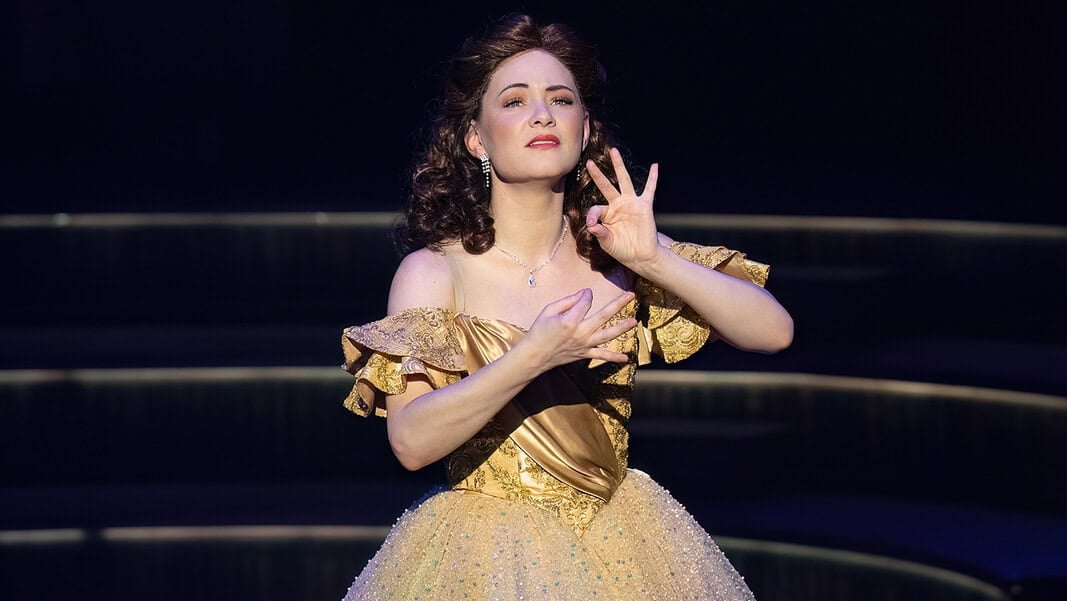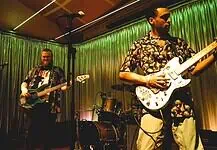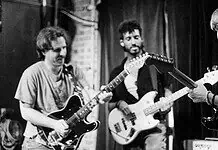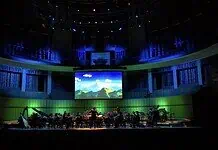OKLAHOMA CITY — It’s easy to assume that a medium like musical theatre would be something unfortunately off-limits to those who are deaf or hard of hearing, but Lyric’s new production of fantasy classic “Cinderella” not only proves that wrong, it proves how magical real inclusion can feel.
Developed through a partnership between Lyric and Deaf Austin Theatre, the newly conceived production marries traditional song-and-dance with fully incorporated American Sign Language and “supertitle” text above the stage.
Most importantly, the show doesn’t include these elements as an add-on or afterthought for the sake of deaf or hard of hearing audience members. Many in the cast, and indeed the characters they are portraying, are themselves deaf and communicate purely through ASL on stage, even during their musical numbers.
It’s a barrier-breaking hybrid of communication styles, languages, and performance presentations that feels remarkably natural and cohesive, and one that OKC audiences can experience now through August 4th at Civic Center.
OKC Free Press was able to sit down with the show’s lead performers, Cinderella actress Sandra Mae Frank and Trey Harrington, who co-stars as Prince Topher, in advance of the production’s opening night.
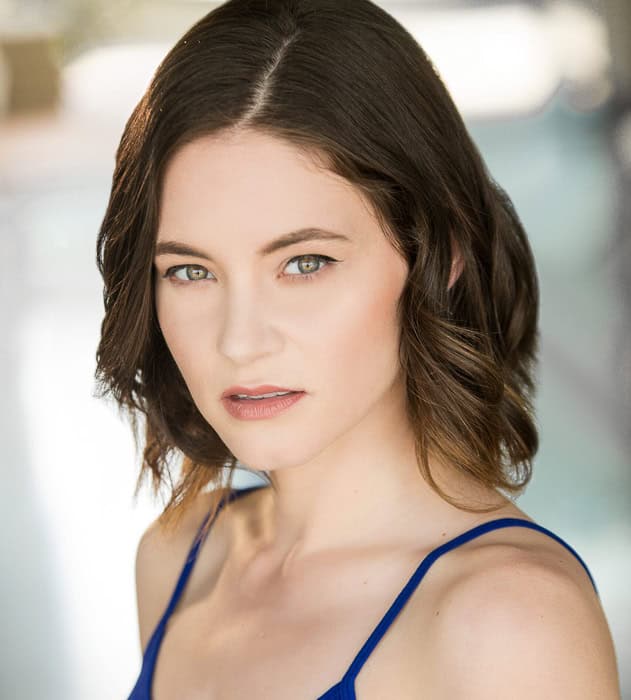
“This is a different approach to a show,” said Frank, who is deaf and communicates primarily with ASL. “There are scenes where there is only signing and scenes where there is spoken English only, and then scenes that are mixed and using both. It’s very accessible to everyone.”
Harrington agreed, saying that the unique requirements for this show’s preparation only served to strengthen the bond and connection for the cast and crew.
“For my experience, as a hearing person, it’s just been so lovely,” he said. “We all became integrated and really became a family so much more quickly because we all have to be very aware of each other and really listen in. It’s a full body experience on this production.”
Harrington said that he’s less than fluent in ASL, but that he’s been studying the language for years and has developed a particularly strong communicative bond with Frank on stage.
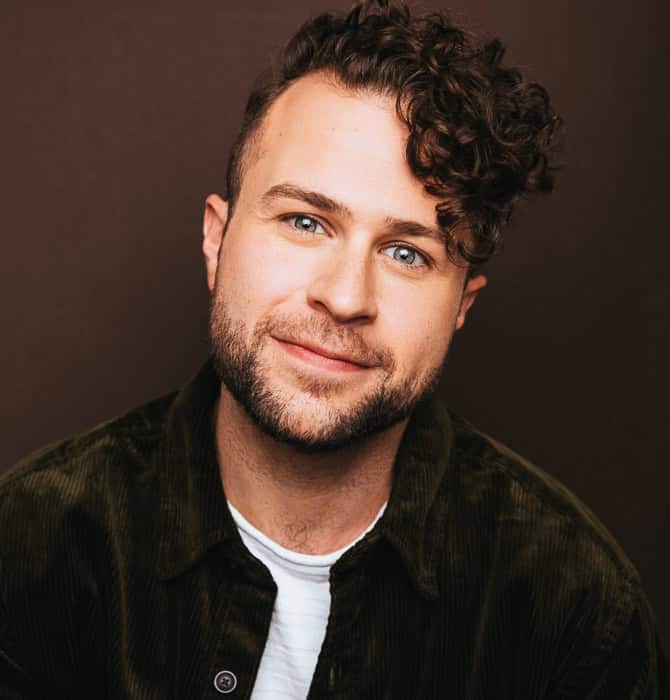
Frank and Harrington also led the production when it debuted in Texas last year, and Frank said that when she was approached to portray Cinderella again in OKC, she was immediately adamant that Harrington also return as her prince.
“For this second run, I said ‘Trey is going to be in this, right?’” she said. “’Because if not, I’m going to be chasing him down and making him join!’”
It’s easy to see why she would insist.
The romantic chemistry between the two leads is palpable on stage from the opening moments, surprisingly presented in a modern, present-day library as Frank discovers and opens a book of Cinderella and transports the audience into the fantasy.
The implication feels clear and welcome: a shy, deaf young woman is reading “Cinderella,” so in her version of the story, Cinderella herself is deaf and the friends and loves that she develops throughout are those that make the effort to understand her and communicate with her.
The beauty and longevity of the story is that anyone can see themselves as Cinderella, and this production drives that idea home for anyone who’s ever lived with a disability and dreamed of changing the world for the better.
That’s a big part of the musical’s wider story.
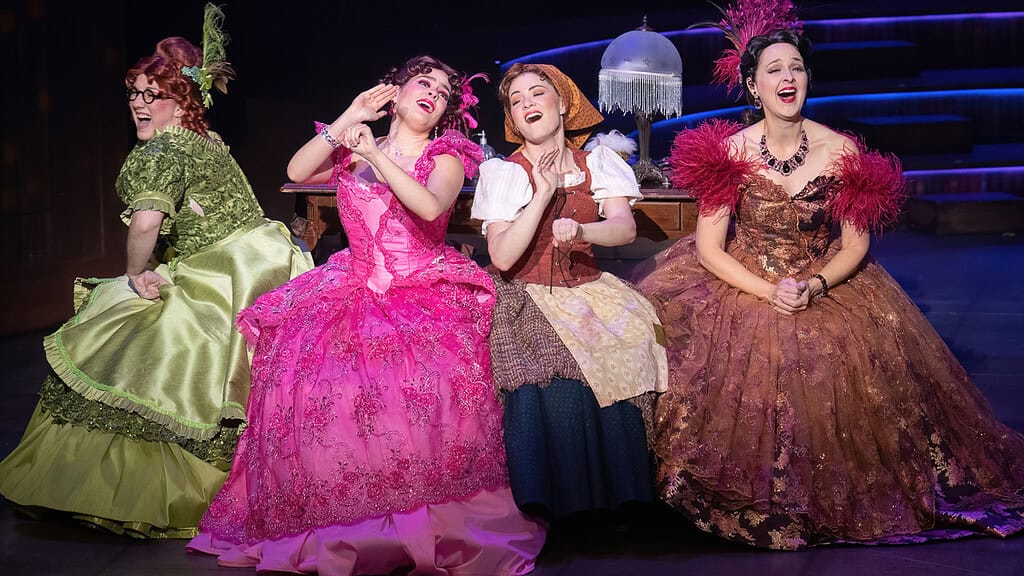
The text and lyrics are pulled primarily from Douglas Carter Beane’s 2013 update of the classic Rogers and Hammerstein “Cinderella,” including the revolutionary elements of poor, working-class activists hoping to push the young prince into class reforms.
In this production’s unique context, the struggle of those poor activists takes on a deeper meaning, as the better world they hope to create would also mean better communication and understanding for those who do not hear or speak with sound.
It’s an admittedly deeply progressive and forward-thinking story, quietly driving home the reality that a better and more just world would also need to be a more broadly inclusive and accessible one, all without changing the text or hitting you over the head with the message.
And that’s because the music and songs are largely unchanged from other recent productions of the Rogers and Hammerstein “Cinderella.”
The songs are childlike, fantastical, and full of the same whimsical and charmingly nonsensical lyrics and turns-of-phrase that Rogers and Hammerstein made legendary in classics like “The Sound of Music” and, of course, “Oklahoma!”
That means guaranteed earworms and a couple of laugh-out-loud lyrical moments, but mostly just lots of fawning and pontificating over love and beauty.
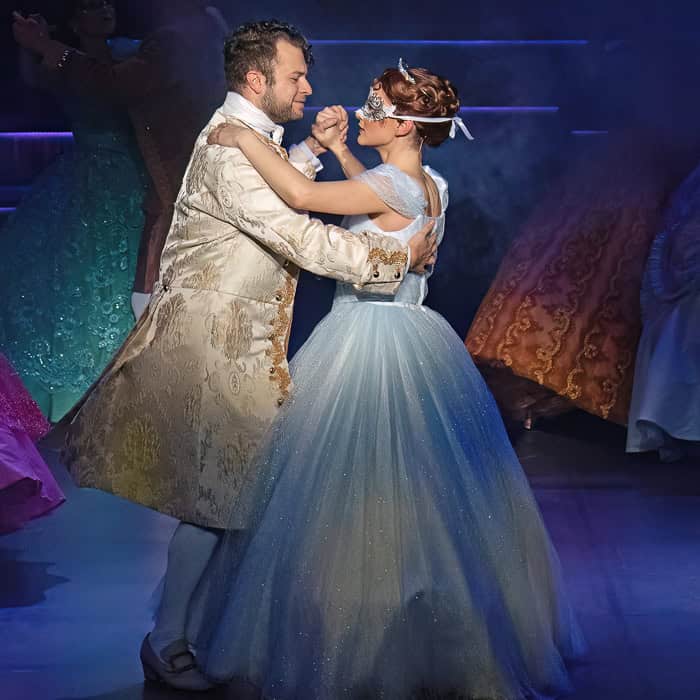
Many of the songs are sung full-throated through the massive vocal talents of Harrington or standout Ashley Mandanas in the role of “wicked stepsister” Charlotte, but most of the fully sung numbers include some element of ASL as well, and every line is shown in the supertitles above.
The more unique and poignant moments are the songs that don’t feature any vocal singing at all, with Frank and co-stars like Mervin Primeaux-O’Bryant (the ovation-worthy Fairy Godmother) signing their lyrics atop the musical instrumentation.
With all of these powers combined, this show stands as a deeply emotional testament not only to how effective true inclusion can be in entertainment, but also to how seamless and natural it can feel when everyone involved is making the effort to listen, to communicate, and most importantly, to learn.
“Just like any other show that you come to,” Frank said, “just come in with an open mind and an open heart and prepare to be dazzled.”
Rogers and Hammerstein’s “Cinderella,” produced by Lyric Theatre and Deaf Austin Theatre, is running now through Sunday, August 4th at Civic Center.
For showtimes, tickets, and more, visit lyrictheatreokc.com and okcciviccenter.com, and for more on the history and development of this new production, visit deafaustintheatre.org.
You can find out about local music and performance happenings in the OKC metro weekly in this music column by Brett Fieldcamp. | Brought to you by True Sky Credit Union.
Brett Fieldcamp is the owner and Editor in Chief of Oklahoma City Free Press. He has been covering arts, entertainment, news, housing, and culture in Oklahoma for nearly two decades and served as Arts & Entertainment Editor before purchasing the company from founder Brett Dickerson in 2026.
He is also a musician and songwriter and holds a certification as Specialist of Spirits from The Society of Wine Educators.
